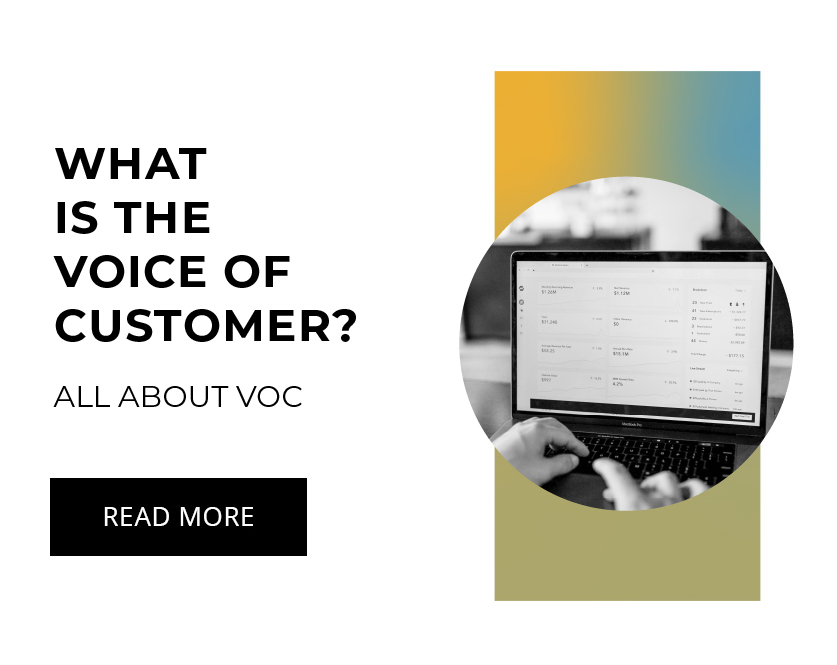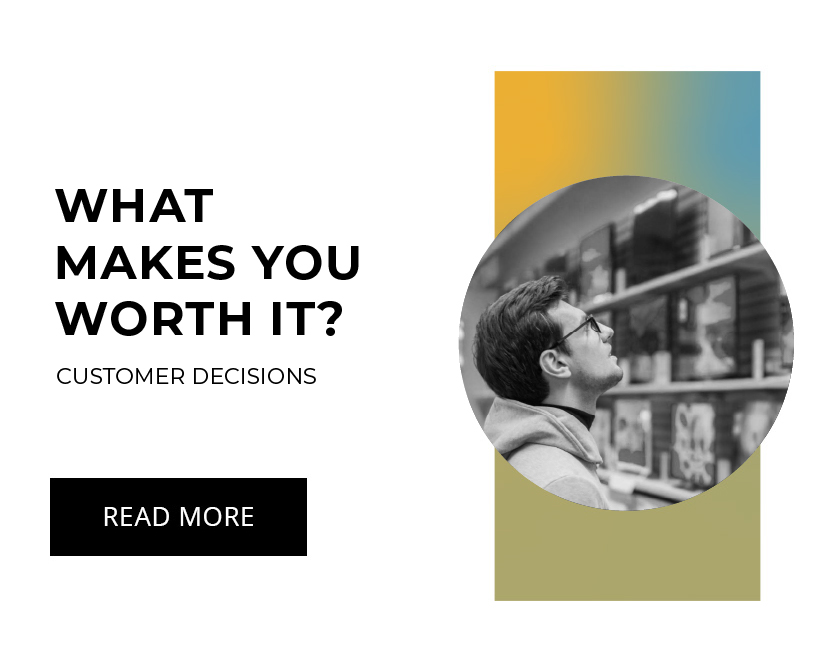This week, I had the pleasure of speaking with Alex Genov, Head of Marketing Insights and Customer Research at Zappos. We discussed the tension between academic research and its application in organizations, and how the human aspects of research found in qualitative studies get overlooked.
As Alex suggests, the key is fine-tuning the balance between the two, taking the time to understand where your limits and your customer’s needs meet. That’s where you’ll find the practical, scalable solutions, instead of taking a cold average of human experience.
About Alex Genov
Alex is an experienced customer research professional who applies his Experimental Social Psychology background and his passion for research, design, and innovation to solving important customer and business problems. His professional goal is to help teams create remarkable products and services which make people’s lives easier and more enjoyable.
Currently Alex is leading Customer Research for the Zappos Family of Companies. In previous positions, he was responsible for research and usability of the products and services for companies like TurboTax (Intuit), State Farm Insurance, and the Active Network. Alex has a PhD in Experimental Social Psychology and over 25 years of relevant experience – 5 years of academic research and over 20 years of customer research in the software industry.
Alex’s areas of expertise include: defining and measuring emotions, the psychology of individual differences, usability, market research and consumer segmentation, customer experience research and strategy.
Connect with Alex Genov
Follow Alex Genov on LinkedIn
Connect with the Voices of CX
Follow Worthix on LinkedIn
Follow Worthix on Instagram: @voicesofcx
Follow Mary Drumond on LinkedIn
Follow Mary Drumond on Twitter: @drumondmary
About Voices of CX Podcast
The Voices of CX Podcast is a podcast that covers all things business strategies, customer decision insight, empathetic leadership practices, and tips for sustainable profitability. With a little bit of geeking out on behavioral science, A.I. and other innovation sprinkled in here and there. The guests span multiple industries, but all of them have years of experience to bring to the table.
📩Got something to say about CX or want to be featured on the show? Let us know! Email the Producer ([email protected]).
Summary:
Alex Genov started his career in academia, working in social phycology studying to measure emotions. He then took his expertise in this field and applied it to companies and how they view customers. The transition however was not black and white. Academic research and research in business are inherently different.
Alex admits that he needed to make a mental shift in order to translate his knowledge from his expertise into a corporate setting. In academia, you spend a lot more money and time to research people and dig deep into why they make the decisions they do, however in business, you need results that are not only cost-effective and don’t break the bank, but also need to be timely in order to help a company move towards its goals.
What Makes A Successful Organization:
Alex expressed that the most successful organizations have a blend of practicality and rigor. He went on to say that even people who have many years in a company can’t go by their “gut feel” alone because it is inherently biased. On the other hand, if you are too focused on academics, then your results could be slow and expensive.
Treating Customers Like People:
Many companies base their decisions on numbers and results because it is seen as easier to go to spreadsheets and measure results. However, you can’t average human experiences as if they’re data points on a spreadsheet. It is important to find a way to “scale” qualitative research which can allow you to really tap into what customers want. You should not dismiss qualitative data simply because at first glance it doesn’t seem scalable.
Customer-Centric Myths:
The idea that numbers are going to solve everything is inherently limiting. It keeps organizations in an “inside out” mindset that can be detrimental to their bottom line. It is important to take into account the customer and who they are and what they really care about.
Alex explains this in an example: Imagine you work for Nordstrom. Focusing on being customer-centric when you are not really talking to the customer could have you make decisions like merging channels in your company so you can “hear” from customers. For example, you could attempt to merge your brick-and-mortar channel with your online channel. As a company, you feel that this move can help you group your customers together in a convenient way to understand them better. However, as Alex pointed out, your customers couldn’t care less. They may not understand what a channel even is in the first place.
A customer might wake up, find an item on the online channel, then proceed to the brick-and-mortar channel to try the item on. That same customer might then go back home and buy the item online only to return it through the online channel within a couple of months. To a customer, this is one experience of buying an item of clothing rather than multiple experiences of switching between channels. As a company, you could have wasted time, resources, and money on your merge when switching between channels is not what drove the customer to make the decisions that they did.
It is important to keep the customer in mind and see where they are coming from rather than using data to try and prove your own bias or project as a company.
Ending Thoughts:
Numbers and analytics are important, but if you want to create a business based on customer loyalty, then you have to go past the numbers!







